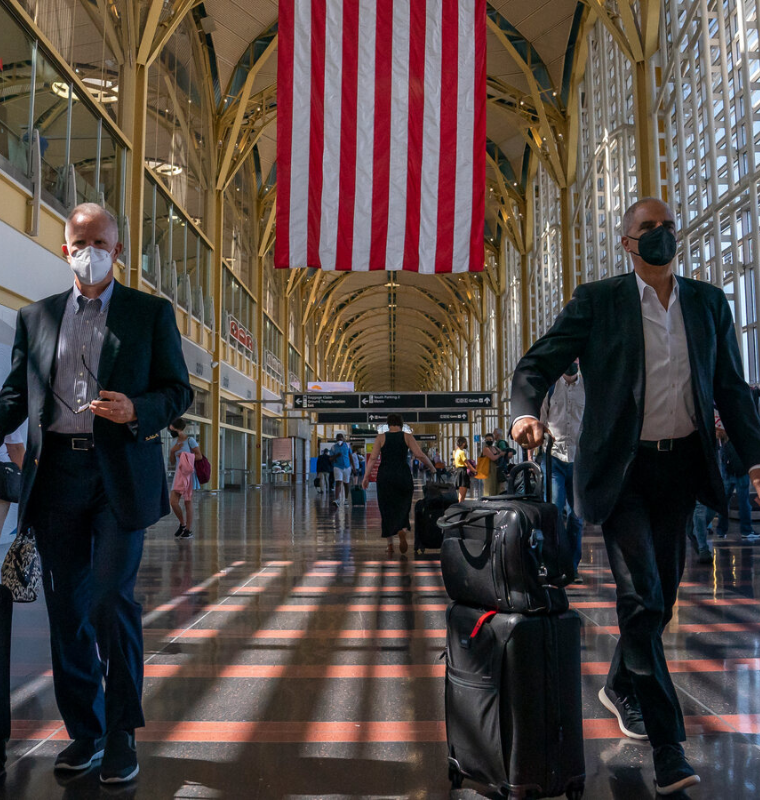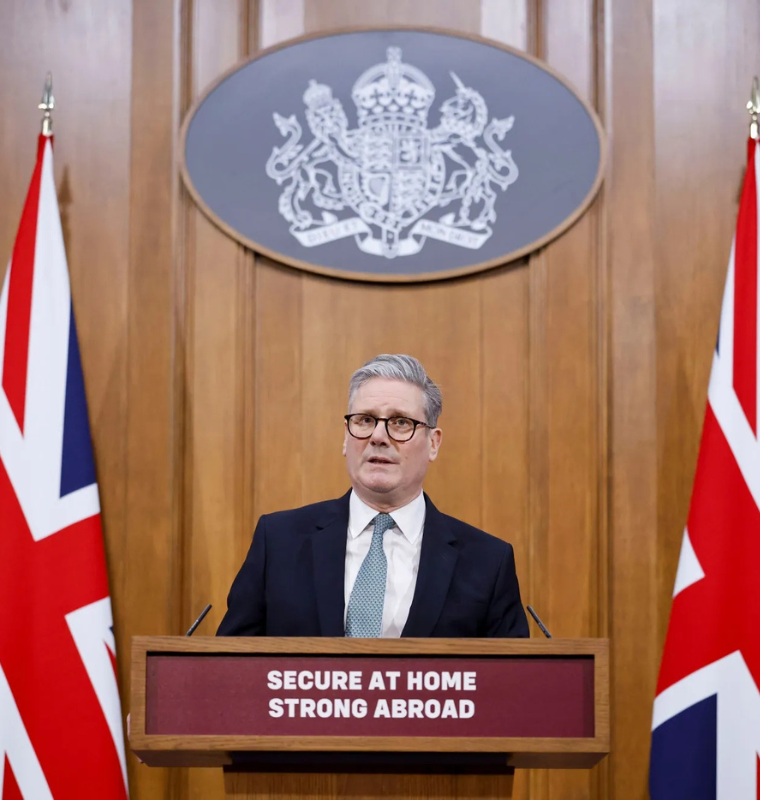Fed Governor Lisa Cook to Challenge Trump’s Dismissal in Court
Fed Governor Lisa Cook to Challenge Trump’s Dismissal in Court
By
Rachel Steinberg
Last updated:
August 27, 2025
First Published:
August 27, 2025
.jpg)
Photo: Bloomberg.com
Federal Reserve Board Governor Lisa Cook is preparing to file a lawsuit contesting her removal by former President Donald Trump, her attorney confirmed. The case raises critical questions about the limits of presidential authority under the Federal Reserve Act.
Allegations and Legal Dispute
Cook’s lawyer, Abbe Lowell, stated that Trump “has no authority to remove Federal Reserve Governor Lisa Cook.” The attorney emphasized that the dismissal, which Trump justified based on alleged mortgage fraud, “lacks any factual or legal basis.” Lowell added, “We will be filing a lawsuit challenging this illegal action.”
The White House, however, defended the firing. Spokesman Kush Desai said Trump acted “under 12 U.S.C. 242” to remove a governor “for cause,” citing credible allegations that Cook allegedly misrepresented her primary residences on mortgage documents prior to joining the Fed.
The Federal Reserve itself reiterated that under the Federal Reserve Act of 1913, governors serve fixed terms and can only be removed “for cause,” typically understood as malfeasance or dereliction of duty. The Fed confirmed it will comply with any resulting court decision.
Background on Mortgage Allegations
The Justice Department recently launched a criminal investigation into Cook following accusations by Federal Housing Finance Agency Director Bill Pulte. He claimed that Cook signed documents for properties in Michigan and Georgia, stating they were her primary residence to secure favorable loan terms. These actions allegedly occurred before she joined the Federal Reserve in 2022.
Trump cited these allegations in a letter to Cook on Monday evening when notifying her of her dismissal. Cook responded promptly, asserting, “President Trump purported to fire me ‘for cause’ when no cause exists under the law, and he has no authority to do so.” She confirmed she will not resign and intends to continue performing her duties.
Potential Supreme Court Implications
Legal experts note that the lawsuit could eventually reach the Supreme Court. The case may set a precedent regarding presidential power over independent financial regulators, a critical issue for governance and central bank independence.
Cook’s challenge highlights ongoing tensions between executive authority and the legal protections afforded to members of the Federal Reserve Board, raising questions about oversight, accountability, and the rule of law in U.S. economic governance.
The outcome could have lasting implications for both the Fed’s independence and the broader balance of power between the executive branch and independent federal agencies.
Popular articles
Subscribe to unlock premium content
How Blue Bottle Coffee Became a $700M Specialty Coffee Icon

Gordon Moore: The Man Behind Moore’s Law and the Tech Revolution

How Shein Became a Fast Fashion Powerhouse Without Traditional Advertising

How Blue Bottle Coffee Became a $700M Specialty Coffee Icon

Gordon Moore: The Man Behind Moore’s Law and the Tech Revolution

How Blue Bottle Coffee Became a $700M Specialty Coffee Icon









